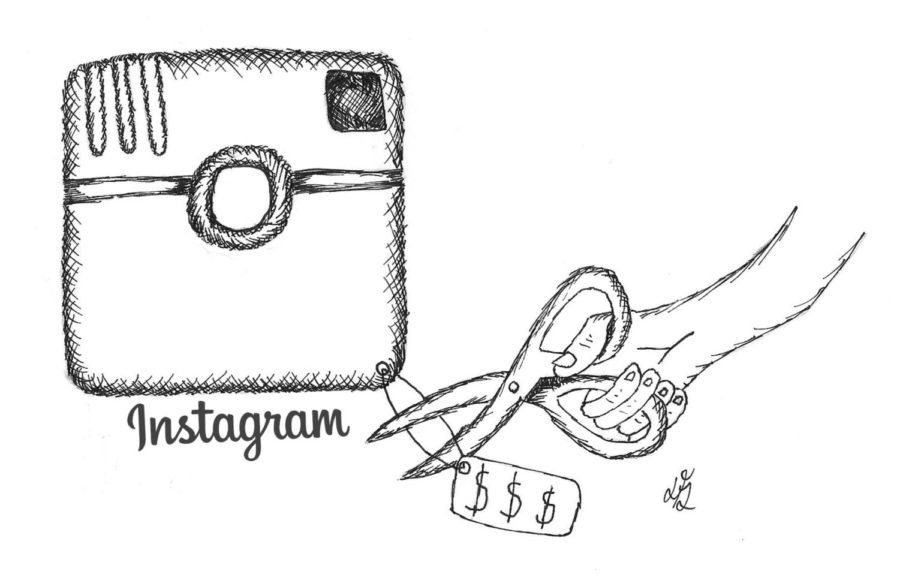Editorial: We Must Protect Net Neutrality
A vote was held by the Federal Communications Commission (FCC) on Dec. 14 that repealed net neutrality. Net neutrality is a principle that states that all internet service providers (ISPs) must treat all online content the same, providing open access to all internet users. However, net neutrality must stay because, if not, the way people utilize the internet will drastically change.
The FCC voted 3-2 in favor of repealing the net neutrality rules. The vote was along party lines, meaning that the three Republicans on the committee, including FCC chairman Ajit Pai voted to repeal net neutrality, while the two Democrats voted in opposition. The repealment is not confirmed yet because Congress can overturn the vote; however, as a generation that has grown up in the digital age with the internet as a crutch for everyday functions, repealing net neutrality may completely hinder creativity and innovation.
“Without net neutrality, there is a chance that ISPs can become greedy, and the internet would become more profitable for them,” freshman Anthony Tan said. “Verizon has been against net neutrality for a while now, and the whole goal for ISPs to be lobbying the FCC is to make the internet more profitable for large content providers and themselves.”
Even though some ISPs claim that they will continue enforcing net neutrality, people cannot be reassured that this will happen and should stay alert for what ISPs can do now that net neutrality is in danger. Without net neutrality, ISPs can practice paid prioritization, meaning that they can slow down access to online content and charge people accordingly. Bandwidth throttling, where companies intentionally slow down the Internet service, will become more rampant.
Startup companies will face economic difficulties as they try to expand and grow because there will be disadvantages for them in terms of promoting their businesses online and gaining popularity, such as additional fees. In this process, a lot of industries can receive significant damage, which will prevent countless online entrepreneurs from sharing their ideas with the world.
What becomes even more problematic is that ISPs are infringing upon citizens’ freedom of speech. Internet is so intricately weaved into many lives that it has arguably become a primary source of knowledge and entertainment where people are able to connect and communicate information with ease. Taking this freedom away would be unconstitutional, since the internet has been proven to be the fastest way to share and receive information in the modern age.
“[The access to open internet] shouldn’t depend on where you live or how much money you make or who your carrier is,” world language department chair Kari Tubbs said. “I have made phone calls, I have written emails, and I have done the online petitions… and I will keep doing that.”
Repealing net neutrality may not seem severe at the moment since the effects are not in place yet. Some people say only small companies will be the ones largely affected because bandwidth throttling is already practiced regardless of whether net neutrality exists or not. However, this is false at many levels; ISPs’ competitors will also be met with economic challenges. Also, the effect on students and generations to follow will be immense because technology is a vital part of education; a lot of students use electronic devices almost daily to work on assignments, projects and communicating with classmates, which increases productivity. Repealing net neutrality will make it harder for students to gain access to a variety of online resources due to slower internet speed.
In a country where the use of the internet is steadily increasing, repealing net neutrality will act as a huge drawback in society, specifically to students across the nation, as they are heavily dependent on technology to constantly supply them with online resources. The FCC’s attempt to repeal net neutrality poses a serious threat to the technological progression of society in modern times and should not be allowed. What you can do about this is contacting your local representatives for Congress to overturn the controversial vote.
Your donation will support the student journalists of Portola High School. Your contribution will allow us to purchase equipment and cover our annual website hosting costs.

Dylan Gates is the Media Director of the 2018-2019 Portola Pilot staff. He is in his Junior year at Portola and has been working with the Pilot since the...




